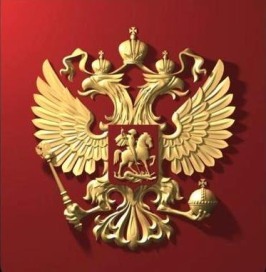Question: According to incoming reports, some of which cite the Financial Times, the EU is considering the possibility of allowing Rosselkhozbank (Russian Agricultural Bank) to create a subsidiary to service agricultural exports with access to SWIFT. How can you comment on this information?
Maria Zakharova: We have noted that a number of news agencies are carrying the Financial Times’ report that Brussels is allegedly considering the possibility of connecting a Rosselkhozbank special-purpose vehicle to SWIFT. This story follows a high-profile media campaign launched by the Westerners, Ukrainians and the UN, amid the upcoming expiry of the Black Sea Initiative for the export of Ukrainian food on July 17. It is their way of creating a semblance of some breakthrough results in the normalisation of Russian agricultural exports, as stipulated in the Russia-UN Memorandum.
In fact, there has been no progress on the implementation of this agreement. Russian food and fertiliser exports to international markets remain blocked as a result of numerous illegal unilateral sanctions imposed against our country by the US, EU and UK. In this regard, one of the main problems is with servicing payments after Rosselkhozbank, the special agricultural export bank, was disconnected from the SWIFT system.
Despite all the Western declarations of alternative ways of exchanging financial messages and the attempts by the UN to create some kind of alternative channel between the Russian Agricultural Bank and the American JP Morgan, there is no real replacement for SWIFT, and there cannot be one. This much has been obvious to us from the start; reconnection to SWIFT was one of the five systemic issues covered by the Russia-UN Memorandum (along with the supply of spare parts, the establishment of transport logistics and insurance, the unfreezing of assets and the restart of the Togliatti-Odessa ammonia pipeline). The EU and UN began talking about this with apprehension now that they have only a few days left before the Black Sea Initiative expires.
At the same time, they are proposing a deliberately infeasible arrangement to create a Rosselkhozbank subsidiary that the EU may possibly someday agree to connect to SWIFT. This idea leaves several practical points out of the equation: it takes months to open a bank branch, and connecting it to SWIFT takes another three months, while a bank can be disconnected in “a matter of minutes.” In exchange for all this, Russia must now agree to a further extension of the Black Sea Initiative. This is nothing but another “generous” proposal in the spirit of the UN Secretary-General’s initiative to restart the Togliatti-Odessa ammonia pipeline in the territory controlled by Kiev, which was blown up on June 5.























